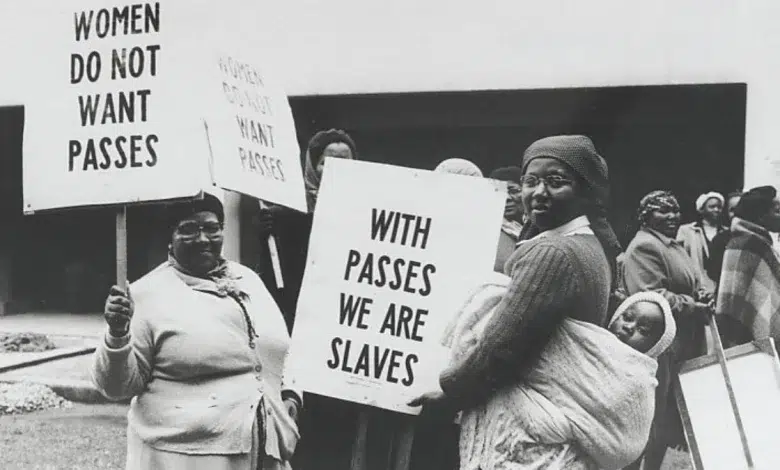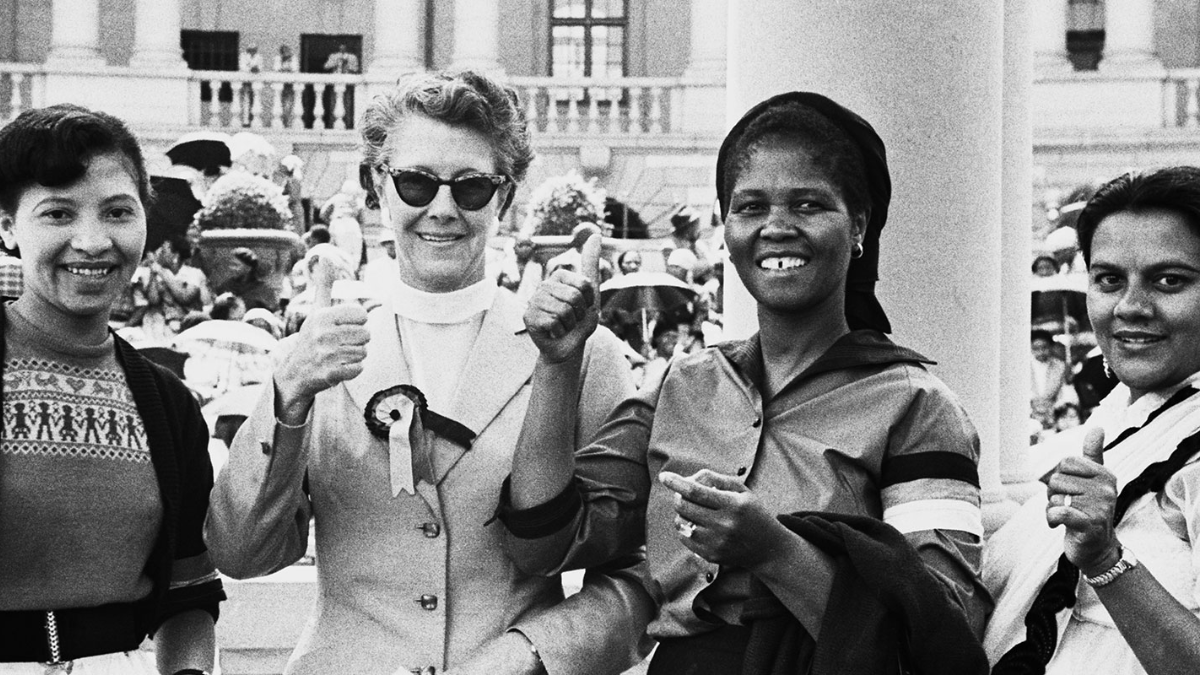The History of Women’s Day in South Africa: Why It Still Matters

Table of contents
- The Origin of Women’s Day: A Legacy of Courage
- Apartheid Context: Why the 1956 March Was Groundbreaking
- From Protest to Annual Celebration: Recognising Women’s Contributions
- Why Women’s Day Still Matters Today
- The Role of Women’s Day in Education and Empowerment
- Key Figures Who Led the 1956 March
- How South Africans Celebrate Women’s Day
- Why Understanding Its History Matters
The Origin of Women’s Day: A Legacy of Courage
Women’s Day in South Africa honours a pivotal event in the country’s struggle for freedom. On 9 August 1956, over 20,000 women from diverse backgrounds marched to the Union Buildings in Pretoria. This protest was a powerful stand against the apartheid regime’s pass laws, which severely restricted the movement of black South Africans, particularly black women. These laws forced women to carry passbooks. These were humiliating documents that symbolised racial oppression.

Organised by the Federation of South African Women (FSAW), the march was led by iconic figures such as Lillian Ngoyi, Helen Joseph, Rahima Moosa, and Sophia Williams-De Bruyn. Together, they delivered petitions containing over 100,000 signatures demanding the repeal of these oppressive laws. The protest was a non-violent demonstration of unity and strength. For 30 minutes, the women stood in silence before singing a protest song. The song became a lasting anthem: “Wathint’ Abafazi, Wathint’ Imbokodo” — “You strike a woman, you strike a rock.”
Apartheid Context: Why the 1956 March Was Groundbreaking
The pass laws were central to the system of racial segregation during apartheid. Initially enforced only on black men, these laws were extended to women in the early 1950s, imposing severe restrictions on their movement. The 1956 march was groundbreaking because it united women from various racial and cultural backgrounds. They defied an unjust regime, making it one of the largest demonstrations in South Africa’s history. It brought women’s voices into the national conversation. It also shone a light on their struggle for gender equality and racial justice.
From Protest to Annual Celebration: Recognising Women’s Contributions
South Africa officially declared 9 August as National Women’s Day in 1994. This followed the country’s transition to democracy and the granting of political equality to women. Since then, Women’s Day has become a public holiday that not only honours the sacrifices of the women who fought for freedom. It also serves as a reflection on women’s roles in social justice, gender equality, and democracy.
In addition to National Women’s Day, August is celebrated as Women’s Month in South Africa. This expands the commemoration to include broader reflections on the ongoing challenges and achievements of women. The first official Women’s Day was celebrated on 9 August 1995, and important anniversaries, such as the 50th march commemoration in 2006, have been marked by reenactments and events. These honour the contributions of march veterans.
Why Women’s Day Still Matters Today
The 1956 march remains a cornerstone in the struggle for equality. The issues it highlighted: gender-based violence, economic inequality, discrimination, and barriers to education and healthcare—are still prevalent today. Women continue to face these challenges. Women’s Day serves as a powerful reminder of the progress made. It also calls attention to the work needed to achieve true gender equality in South Africa.
The enduring significance of the phrase “You strike a woman, you strike a rock” embodies the strength, resilience, and determination of women in South Africa. It continues to inspire advocacy for the protection and promotion of women’s rights in all spheres of society.
The Role of Women’s Day in Education and Empowerment
Beyond being a day of reflection, Women’s Day is also a platform for promoting education, awareness, and empowerment. Events on this day typically include public discussions, educational campaigns, and initiatives aimed at:
- Raising awareness of gender issues,
- Encouraging political participation among women,
- Highlighting the importance of eradicating violence against women, and
- Supporting economic opportunities for women.
By fostering these conversations and initiatives, Women’s Day plays a vital role in empowering women and girls across the country. It ensures that their voices are heard and their needs addressed.
Key Figures Who Led the 1956 March
The women’s march of 1956 was organised by the Federation of South African Women (FEDSAW). Several influential women played critical roles in making it happen. These figures are celebrated as icons of courage and activism:
- Sophia Williams-De Bruyn: At just 16 years old, she became the youngest participant in the march and later became a respected political activist.
- Helen Joseph: A founding member of FEDSAW, renowned for mobilising women across racial lines.
- Lillian Ngoyi: A prominent anti-apartheid activist and the first woman elected to the African National Congress (ANC) National Executive Committee.
- Rahima Moosa: An advocate for women’s rights and a vocal opponent of apartheid policies.

These women and others like them laid the foundation for today’s ongoing struggle for women’s equality. Their leadership continues to inspire future generations.
How South Africans Celebrate Women’s Day
Every year on 9 August, South Africans come together to celebrate Women’s Day. Activities include cultural events, marches, educational programmes, and government-led activities. Schools, media outlets, and communities use this day to highlight the contributions of women to society. They also acknowledge the challenges women face. The day reinforces national unity. It highlights the importance of women’s leadership in creating a just, inclusive society.
Women’s Day is not just a public holiday; it is a tribute to the courage, resilience, and ongoing fight for equality that continues to shape South Africa’s path forward.
Want to learn who’s leading change in communities and business across the province? Women in Gauteng: Meet the Top 3 Ladies Making an Impact. Tap to meet these inspiring trailblazers and see what makes them stand out.
Why Understanding Its History Matters
Women’s Day in South Africa honours the countless women who fought tirelessly for a better future and made significant sacrifices in the struggle for equality and justice. It also challenges us to continue the fight for gender equality and social justice. Reflecting on the history of Women’s Day helps us understand that empowering women is not just about celebrating achievements but also about acknowledging the struggles. It is about pushing for a future where every woman has the opportunity to succeed, thrive, and live free from violence and discrimination.
Understanding its history and relevance today reinforces the importance of women’s empowerment as a crucial part of building an inclusive society.




